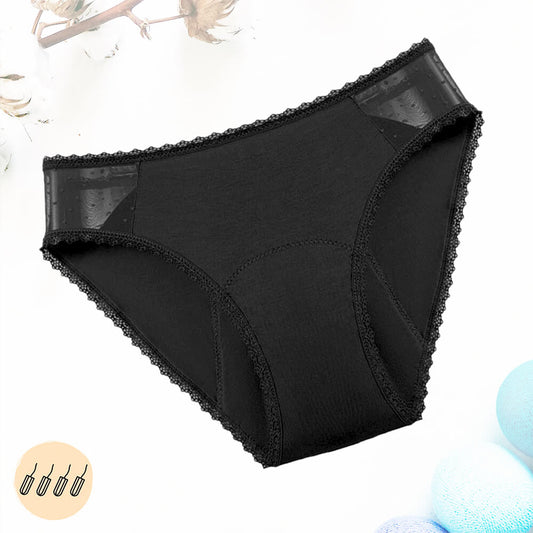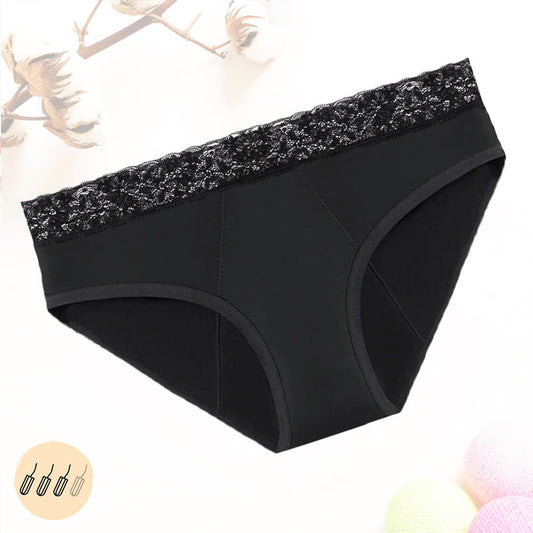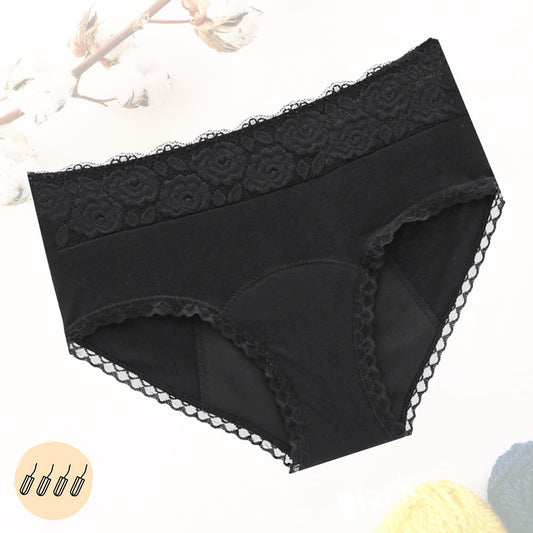
Many of us parents don't discuss the rules enough with our daughters because we just don't know how to do it. But talk from your daughter's first period to her first period nothing embarrassing quite the contrary. Children need reliable information. By helping your children understand their bodies, you will help them make the right decisions.
The key to talking about it is to standardize the rules. If you can have discussions about important life topics, your children will come to interpret them as natural facts of life which you should not be ashamed of. Here are some tips for facilitate discussion about rules between you and your daughter.
How to approach the Subject of the Rules?

Although quite rare, girls can get their first period as early as 8 years old. However, the majority of them will have their first period before the age of 13. Periods usually begin two years after breast development begins. The first period is an important moment in the life of a young girl.
Therefore, it is essential to have discussing periods with your daughter before puberty so that she understands how her body will evolve and change before she worries or is caught off guard. Rather than setting aside too formal a moment for discussion on the subject, learn to take advantage of teachable moments.
For example, when you see advertisements for sanitary napkins or tampons while watching television with your daughter, take this opportunity to ask her if she knows the usefulness of these products. A moment like this is a less intimidating way to start the discussion on the subject. The younger your daughter, the more questions she will ask you about the human body.
Therefore, if you can satisfy her curiosity in an age-appropriate way, she will more easily retain your advice. Your willingness to answer their questions will also reinforce the fact that it is possible to talk about your body without taboos.
Breaking the Rules Taboo
It is essential to talk about the rules without avoiding the question. By calling the period by name, your daughter will understand that it's a normal thing to talk about without shame or fear. Teenagers are still today always uncomfortable and embarrassed by their periods. Period shame is a very real phenomenon. which too often prevents young girls from obtaining help or information what they need.
This stigma surrounding menstruation creates a distance that prevents girls from understanding their own bodies for fear of bringing up the subject even when they think there is a problem. In any discussion of rules, use simple language and be direct. Conversely, don't embellish the experience, because that won't help your daughter either.
In addition to theoretical questions, spend time focusing on the practical side of things. This will help him to better understand his evolutions.
Which Periodic Protection Should I Choose For The First Period?
For all the young girls, the first period is an important step often a source of concern for most of them. To help them get through this important milestone with as little inconvenience as possible, the choice of sanitary protection is essential. These protections must mainly be comfortable, safe and easy to use to let them trust themselves. External protections such as period panties have many advantages. They are much more practical, comfortable and more suitable for their ages.
All of this period panties are equipped with several layers of fabric that allow absorb menstrual flow outside the body for protection leak-proof, odor-proof and moisture-proof. À the time when tampons and sanitary napkins are singled out for the harmful products they contain, the Period Panties is a real revolution for periods and seems to be the best solution for young girls.




